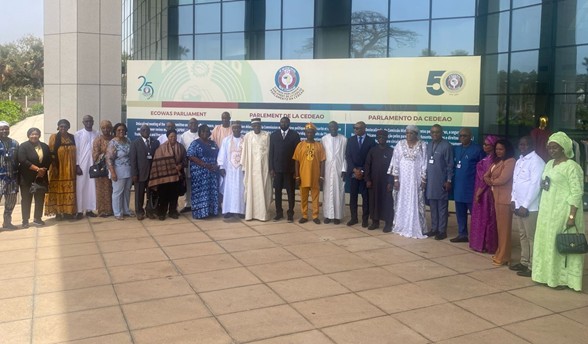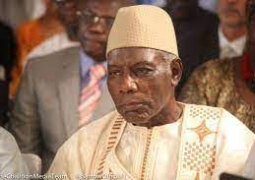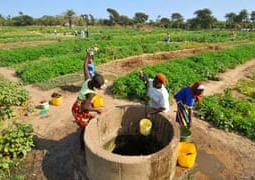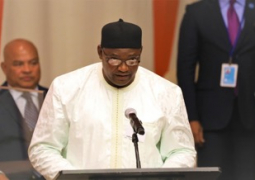
The withdrawal of Mali, Burkina Faso and Niger had hit ECOWAS with a huge blow with the bloc being considered Africa's most important regional body.
The divorce was as result of the three countries refusal to meet Ecowas demands to restore diplomatic rule in their countries.
The Banjul meeting is being held under the theme: ‘Considering the Political, Socio-Economic and Humanitarian Impact of the Withdrawal of Burkina Faso, Mali and Niger from ECOWAS’.
It’s designed to enrich a regional dialogue as the withdrawal critically affects peace, integration, and development in West Africa.
Declaring the meeting open, Fabakary Tombong Jatta, the speaker of Parliament of The Gambia, said the withdrawal of Mali, Burkina Faso, and Niger on January 29, 2025, marks the most significant crisis in West Africa’s regional integration since the founding of ECOWAS in 1975.
“This second major rupture, after Mauritania’s exit in 2000 demands that we have frank and uncomfortable discussions on the best possible options to sustain the ideals of ECOWAS anchored on the principles of democracy, good governance, respect for rule of law and economic viability of all member states and the final integration of the African Continent,” he observed.
“It is, however, worth noting that despite the major setback the withdrawal represents, ECOWAS’s measured and pragmatic approach to the withdrawal of the Sahel states by establishing transitional arrangements to preserve crucial privileges for citizens of these countries, including recognition of ECOWAS-branded documents, trade benefits, visa-free movement rights, and support for ECOWAS officials from these nations shows the commitment to building bridges for cooperation and is highly commendable.”
“As you take stock and deliberate on the impact of the withdrawal of the Alliance of Sahel States, do not lose sight of the fact that departure of the Sahel states reflects a complex web of security concerns, geopolitical realignments and institutional failures.”
Foreign Affairs, International Cooperation and Gambians Abroad Minister Dr. Mamadou Tangara said Ecowas must continue to engage the states in a principled manner through adopting strategic and mutually beneficial approaches.
“What is at stake is the viability of states in the face of hostile geopolitical developments and a tough security environment within the Sahel and the entire West African region. Pragmatism should underline our interactions with the states concerned,” he added.
“Our approach should also be underlined by an abiding commitment to preserve the gains made or milestones registered by ECOWAS over the last fifty years. Some of our countries are enjoying peace today thanks to the sacrifices and invaluable contributions made by ECOWAS and its member states.”
At the continental level, Dr. Tangara said the broader Vision 2063 is built on the attainment of African unity, integration and prosperity. “Regional Economic Communities are recognized as building blocks of that continental aspiration. Any withdrawal from any of those building blocks by member states undermines African unity, integration and solidarity.”
“Therefore, we must continue to calibrate our diplomacy and engagement with our brethren to end this self-imposed isolation by strengthening those milestones that we have all achieved within the ECOWAS family. We cannot lose hope or patience and adopt abandonment as a policy.”
The Parliament’s 4th Deputy Speaker Hon. Billay G. Tunakara, said the withdrawal of three Member States was a wake-up call. “It compels us to ask: why did the Member States choose to leave?
He expressed optimism that by Friday, the meeting must come with concrete proposals for the future such as a common understanding of the challenges, recommendations to maintain dialogue with AES, through sectoral agreements among others.
Veronica Kadie Sesay of Gender, Women Empowerment and Persons with Disabilities of the ECOWAS Parliament and Hon. Alagie Darboe also a member of ECOWAS Parliament all expressed different sentiments over the issue.
Read Other Articles In Headlines





